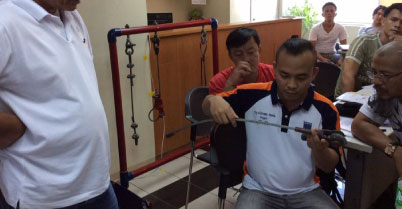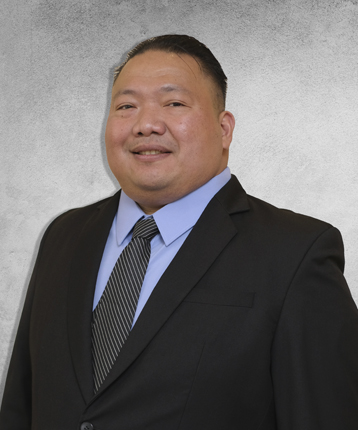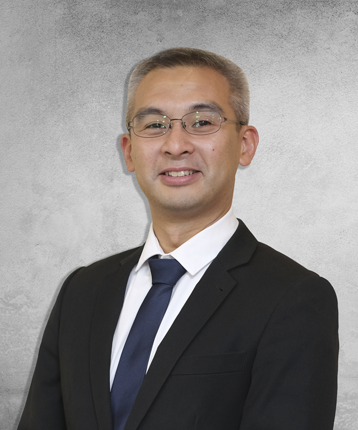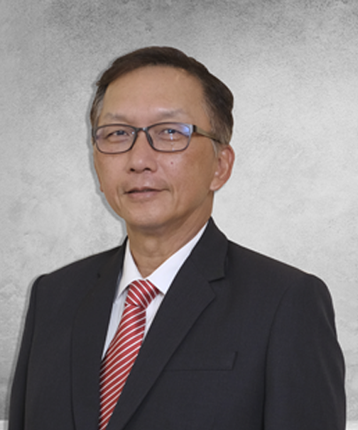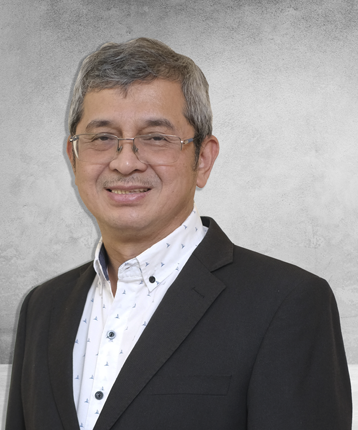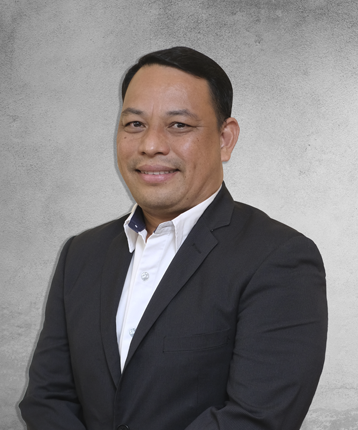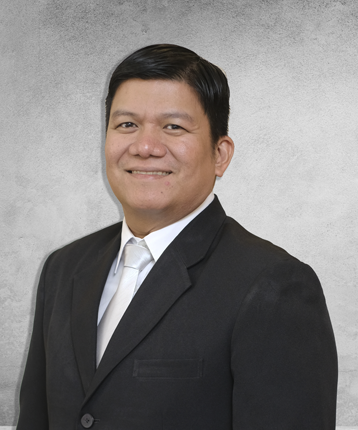Mission Statement
To contribute to the equipment industry by formulating and implementing policies, advocacies and standards for the equipment sector by promoting business with integrity and world class development programs.
To contribute to the equipment industry by formulating and implementing policies, advocacies and standards for the equipment sector by promoting business with integrity and world class development programs.
To be a pillar and catalyst of growth of the equipment industry and the economy as a whole.


The Association of Carriers and Equipment Lessors (ACEL), Inc. was formed two decades after the 2nd World War, when the country was in direst need of construction equipment and other technical resources that would facilitate the reconstruction of the devastated nation. Several contractors and equipment lessors gathered together to devise a plan through which the unavailability of construction equipment in construction activities in sectors such as power, irrigation, transport, commercial, housing and real estate developments could be addressed.
In May 1966, ACEL was formally organized with H.R. Lopez, Inc., Monark International, Inc., Heights Construction, Inc., Alas Construction, Inc., Bormaheco, Inc., Pacific Equipment Corp.,Dimson Manila, Inc., and Heavy Equipment Service Co., Inc. as its pioneer Charter Members. Following its organization, the group swung into action by looking for a practicable alternative to purchasing and owning spendthrift equipment and the issuance of the first ACEL Equipment Rental Rates Guidebook on May 28, 1996. Since then, the association has forged ahead in the development of programs that seek to address the major problems in the industry through establishing partnerships with other key industry organizations.
Through the years, ACEL has remained at the forefront of construction manpower development as it partners with different industry organizations such as the Philippine Constructors Association, Inc. (PCA) and Technical Education and Skills Development Authority (TESDA) in its aim to get its hands on a scheme that can promise the upliftment
of the capabilities and competence of the country’s construction industry workforce. On top of those, it was also ACEL that paved the way for the development of skills standards and training modules that industry leaders employ these days to facilitate the assessment and certification of Filipino workers.
Today, ACEL continues to make headway as it consistently comes up with expanded editions of the Equipment Guidebook—the book that serves as a groundwork for equipment specifications, rental and purchase rates. Since the inception of Philconstruct, the organization has always been an active organizer of annual nationwide conventions held under the banner of Technoforum. By way of providing masterful instructions, ACEL continues to come to the fore in spearheading such programs to enhance the industry and its key components.
By and large, ACEL proves to be a truly viable partner of the government in nation building.
